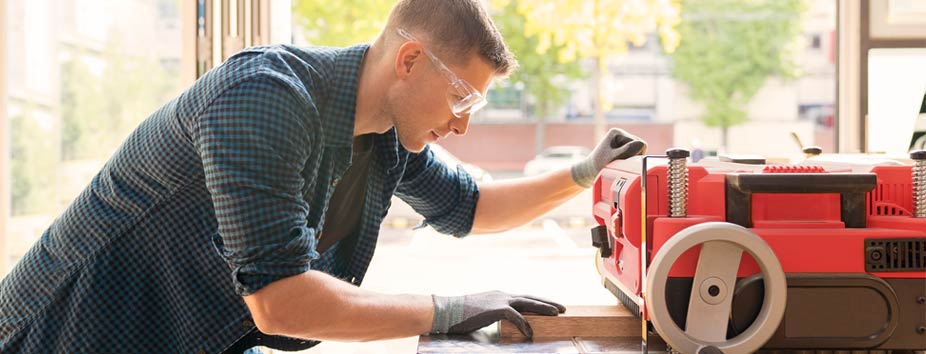4 things to consider when upgrading equipment or premises

4-minute read

4-minute read
Your business is growing and pushing at the seams, so you’re thinking about investing to increase your capacity. Whether you are looking at new equipment, business vehicles or expanded premises, here are some things to consider before you take the next step.
The first thing to consider is the timing of your business expansion. Are you sure the market will support the extra turnover you envisage? Is this the right time to get the best deal on purchases?
The answers will have as much to do with market forces as the strength of your business.
If prices and interest rates are low, then you may be more confident about taking out finance to grow. Or there may be seasonal reasons to make purchases at a certain time, such as when demand is low and prices may be trimmed.
You’ll have to crunch some numbers and consider both sides of the ledger when making this assessment.
Questions to ask yourself include:
Balance your answers against other factors such as:
You may wish to seek professional advice as you weigh up the pros and cons of investing in new equipment or upgraded premises.
For a flexible solution that could suit your cash flow, you may wish to consider obtaining vehicles through hire-purchase or leasing. The main differences are that:
Learn more about the tax implications of these two options on the ATO’s hire-purchase and leasing page.
If you’re comfortable with paying a lump sum for outright ownership of equipment, a vehicle or another upgrade, you could consider a business loan. In common with hire-purchasing, you should be able to depreciate the assets you purchase, claim the GST, and claim loan interest payments as tax deductions.
Just one watch out. If you find that the depreciation rates are low, it may be better to lease.
Your tax professional should be able to confirm all the details of what you can claim for, how much you can claim, and how to claim – some of which varies according to your business structure and turnover. You may also wish to talk to a Westpac specialist about your options for vehicle and equipment finance.
Upgrading your business equipment, vehicles or premises can be complex, as can the tax implications associated with the route you take. So, it’s a good idea to talk to your accountant, lawyer and business banker about what would be the best option for your business.
Westpac’s products are subject to terms, conditions, fees and charges; and certain criteria may apply. Before making a decision, read the disclosure documents including the T&Cs for your selected product or service, which are available on request; and consider if the product is right for you.
The information in this article (including any tax information provided) is general in nature; does not take your objectives, financial situation or needs into account; and does not constitute financial or taxation advice. Consider its appropriateness to these factors; and we recommend you seek independent professional advice about your specific circumstances before making any decisions.